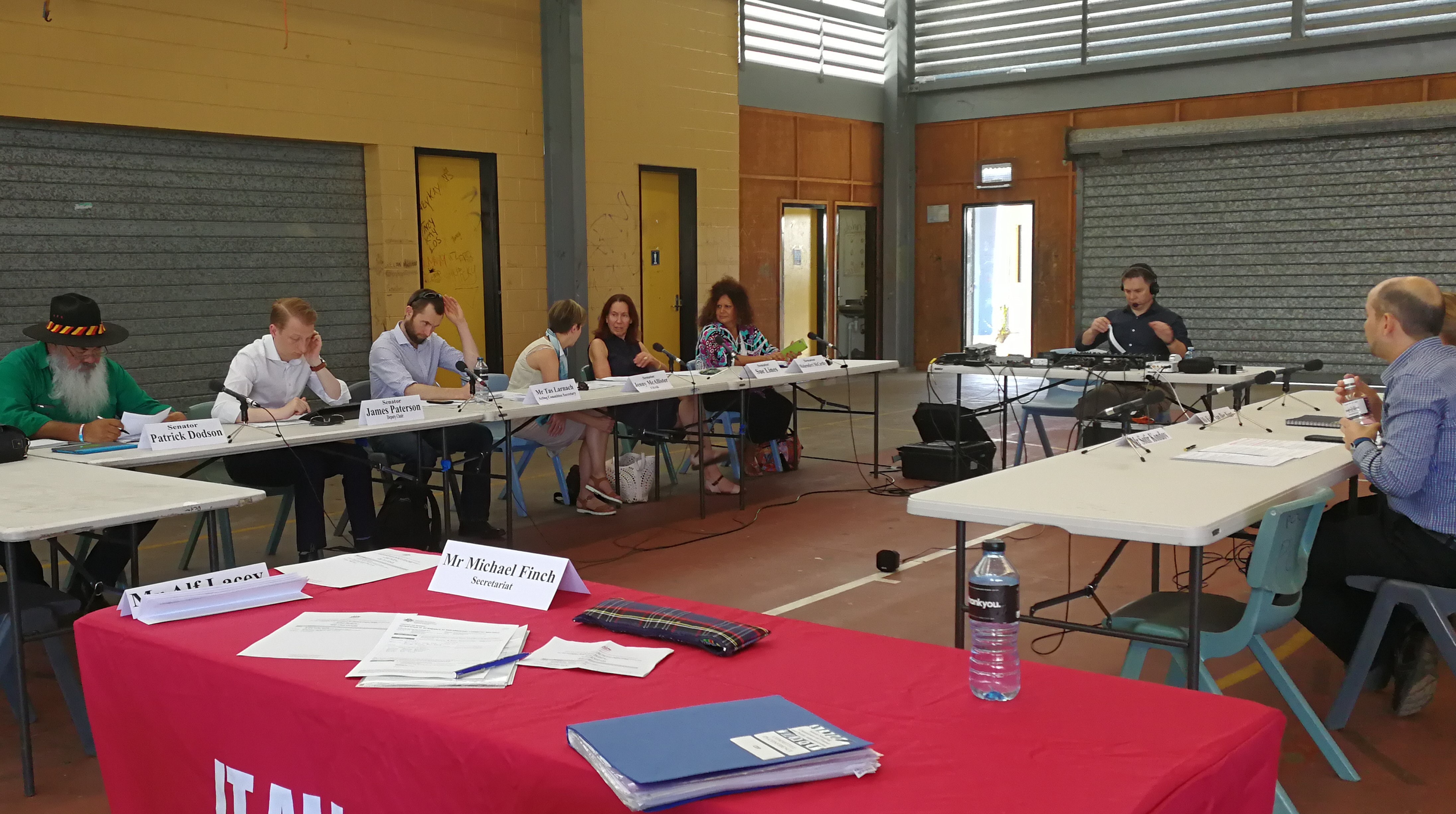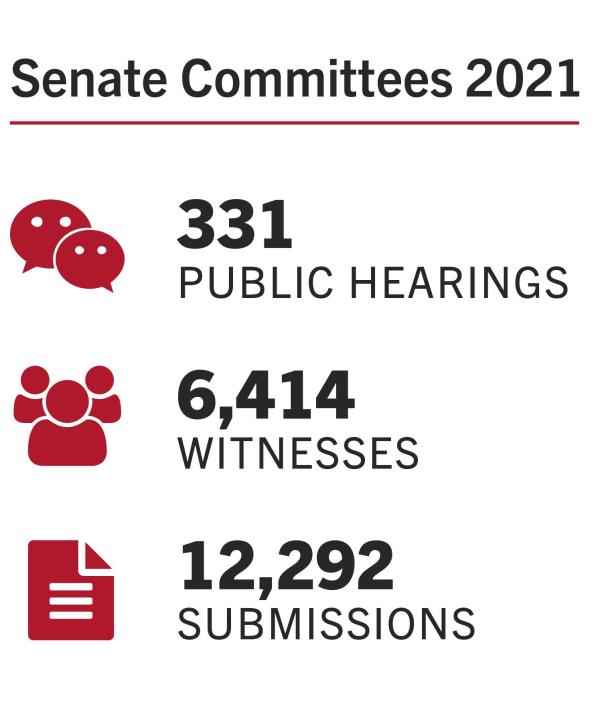22/06/2022
On 21 May 2022, the voting population of Australia headed to polling stations around the country to cast their vote in the federal election. However, there is another way that any member of the public can participate in our democracy and it doesn’t require a three year wait. By providing an opportunity for the public to express their views on matters of national significance, Senate committees are a cornerstone of our representative democracy.
Why are committees important?
The Senate gives powers to groups of senators, called ‘committees’, to inquire into matters of national importance and to scrutinise legislation and government expenditure of taxpayers' money. Committees provide an important mechanism for the Senate to understand community views and the effects of legislative and government action on people’s lives while providing an opportunity for members of the public to express their views directly to the Senate. By engaging with the community and speaking to interested stakeholders and members of the public affected by government policy, senators conducting committee inquiries can delve deeply into aspects of public policy, scrutinise government administration and investigate the impact of proposed legislation prior to its consideration by the Senate.
So how do committees engage with the public?
Different types of Senate committees work in different ways. Typically, committees that have an inquiry-based function, such as legislative and general-purpose committees, select committees and joint committees, have the most direct and frequent engagement with members of the public. These committees inquire into a particular topic or proposed law and report back to the Parliament on their findings to inform the parliamentary decision-making process.
Committees inquire into all kinds of matters—workplace relations, foreign policy, immigration, health, proposed taxes and government spending. In 1901, the first ever Senate select committee conducted an inquiry into a ferry service between Tasmania and the mainland.
Committees want to hear the views and opinions of people and organisations who know about the inquiry topic. To do this, committees usually ask for submissions and hold public hearings.

Image:The Senate Finance and Public Administration References Committee conducting a hearing at the Palm Island Police Citizens Youth Club during the 2017 inquiry into the Community Development Program
Submissions
As part of an inquiry, a committee usually asks for submissions addressing the terms of reference (the specific purpose of the inquiry). Any interested individual, community group or organisation can make a submission. Submissions are usually written documents, but they can be provided in different formats including pictures and short videos. Most submissions are made publicly available through the committee’s website.
Public hearings
Committees may also invite selected people or groups, called ‘witnesses’ to meet with them and answer their questions. These meetings, or ‘hearings’, can be held at Parliament House in Canberra or anywhere around Australia. As they cover diverse topics, committees frequently travel to other regional cities, as well as remote areas to listen to witnesses. For example, the Select Committee on the effectiveness of the Australian Government’s Northern Australia agenda travelled to 7 locations outside Canberra: Townsville, Mount Isa, Darwin, Nhulunbuy, Mackay, Cairns and Thursday Island to meet with and listen to the views of local communities.

Image: Senate Committees 2021
In 2021, Senate committees held 331 public hearings, heard from 6,414 witnesses and received 12,293 submissions.
Through Senate committees and the inquiry process, members of the public can directly engage with the Parliament to help shape policies and laws on matters affecting them and the Australian community. When the 47th Parliament begins, keep an eye out for opportunities to have your say to committees on the issues that matter to you.
Find out more: